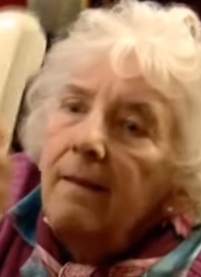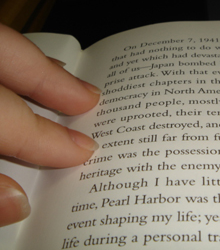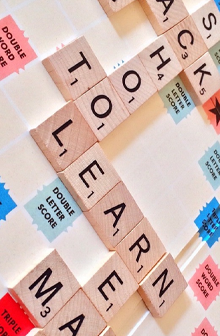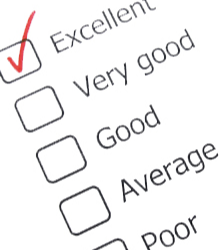Het arrangement Contacts is gemaakt met Wikiwijs van Kennisnet. Wikiwijs is hét onderwijsplatform waar je leermiddelen zoekt, maakt en deelt.
- Auteur
- Laatst gewijzigd
- 25-06-2018 11:18:14
- Licentie
-
Dit lesmateriaal is gepubliceerd onder de Creative Commons Naamsvermelding-GelijkDelen 3.0 Nederland licentie. Dit houdt in dat je onder de voorwaarde van naamsvermelding en publicatie onder dezelfde licentie vrij bent om:
- het werk te delen - te kopiëren, te verspreiden en door te geven via elk medium of bestandsformaat
- het werk te bewerken - te remixen, te veranderen en afgeleide werken te maken
- voor alle doeleinden, inclusief commerciële doeleinden.
Meer informatie over de CC Naamsvermelding-GelijkDelen 3.0 Nederland licentie.
Aanvullende informatie over dit lesmateriaal
Van dit lesmateriaal is de volgende aanvullende informatie beschikbaar:
- Toelichting
- In het thema Contacts staan communicatiemiddelen centraal. Leerlingen leren Engels door te luisteren (listening), te lezen (reading), te spreken (speaking) en te schrijven (writing). In het onderdeel Grammar is er aandacht voor het bijvoeglijk naamwoord, question tags en trappen van vergelijking.
- Leerniveau
- VWO 2; HAVO 1; VWO 1; HAVO 2;
- Leerinhoud en doelen
- Schrijven; Engels; Luisteren; Spreken; Gesprekken voeren (Nederlands);
- Eindgebruiker
- leerling/student
- Moeilijkheidsgraad
- gemiddeld
- Studiebelasting
- 12 uur 0 minuten
- Trefwoorden
- leerlijn, rearrangeerbare


 Zo werkt het
Zo werkt het








 2
2
 Discuss with a classmate
Discuss with a classmate Teens text more than they talk
Teens text more than they talk
 E-mail certainly keeps me busy. I never wrote as many letters as I do now.
E-mail certainly keeps me busy. I never wrote as many letters as I do now.
 Two pals are better than one
Two pals are better than one
 Grammartest
Grammartest Words
Words












